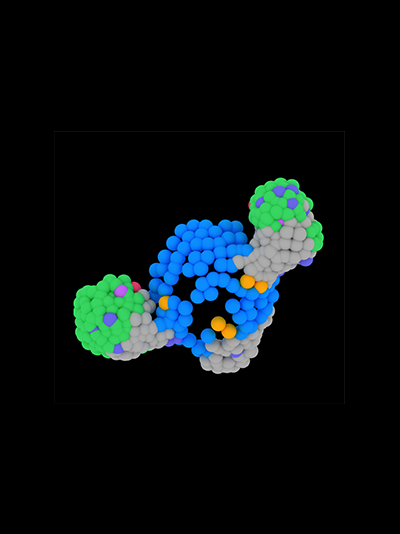
Autonomous Matter

The aim of the Autonomous Matter department is to elucidate the fundamental principles of autonomy within chemical, biological and mechanical systems, and to create a new class of material systems that perform complex functions in self-organized fashion. Topics include the spontaneous formation of micron-scale shapes by out-of-equilibrium chemical reactions, immune cell recognition by higher-order protein patterning, the formation of miniature organs by the differentiation and spatial organization of stem cells, and modular robotic systems that learn from their environment. A general question that drives the research is how the interplay between local phenomena such as chemical reactions, force generation, stochastic motion, energy consumption, mechanical instabilities, coordinated assembly and destruction can give rise to autonomous functionality.
Groups:
Biophysics | Prof.dr. S.J. Tans
Highlights | Output
Physics of Cellular Interaction | Dr. K.A. Ganzinger
Highlights | Output
Theory of Biomolecular Matter | Prof.dr. B.M. Mulder
Highlights | Output
Soft Robotic Matter | Dr.ir. J.T.B. Overvelde
Highlights | Output
Quantitative Developmental Biology | Dr. J.S. van Zon
Highlights | Output
Self-Organizing Matter | Prof.dr. W.L. Noorduin
Highlights | Output